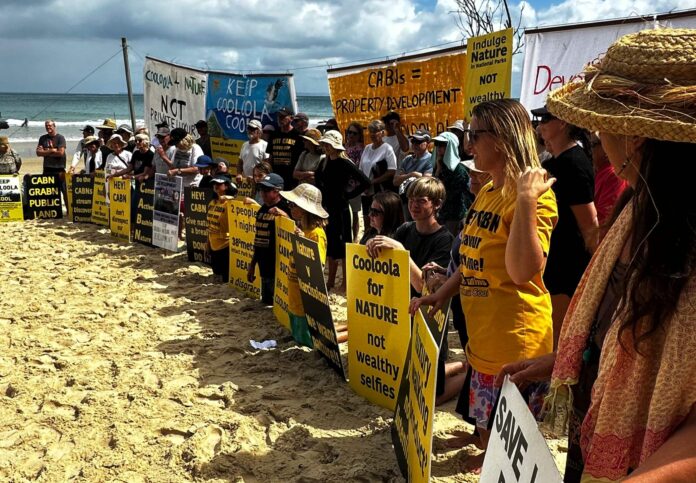An environmental group says two recent protests are just the start of a concerted campaign to stop a proposed ecotourism project, and they have outlined their next steps.
About 80 people converged on Double Island Point last Sunday to display their opposition to the Cooloola Great Walk Ecotourism Project, which includes plans for eco-cabins to be built at five sites along the trail within the Great Sandy National Park.
Project stakeholders the state government and accommodation provider CABN have stressed the project would have minimal impact on the environment and reap substantial tourism benefits.
But Greg Wood, of Keep Cooloola Cool, said expressive public actions would continue until the development program is abandoned.
He said its action plan would cover the proposed sites and the walking routes in between, and that it would include “large actions and frequent smaller, more spontaneous activities”.
“Allowing development within Cooloola attacks the very basis of what most people understand and want our national parks to be,” he said.
“Until now, the cardinal principle of national parks has been to securely preserve the land’s natural and cultural values.
“That principle is decimated by the act of clearing intact habitat at the most beautiful and sensitive places in the heart of the park to provide space and market value for indulgently large and comfortable tourist units.”
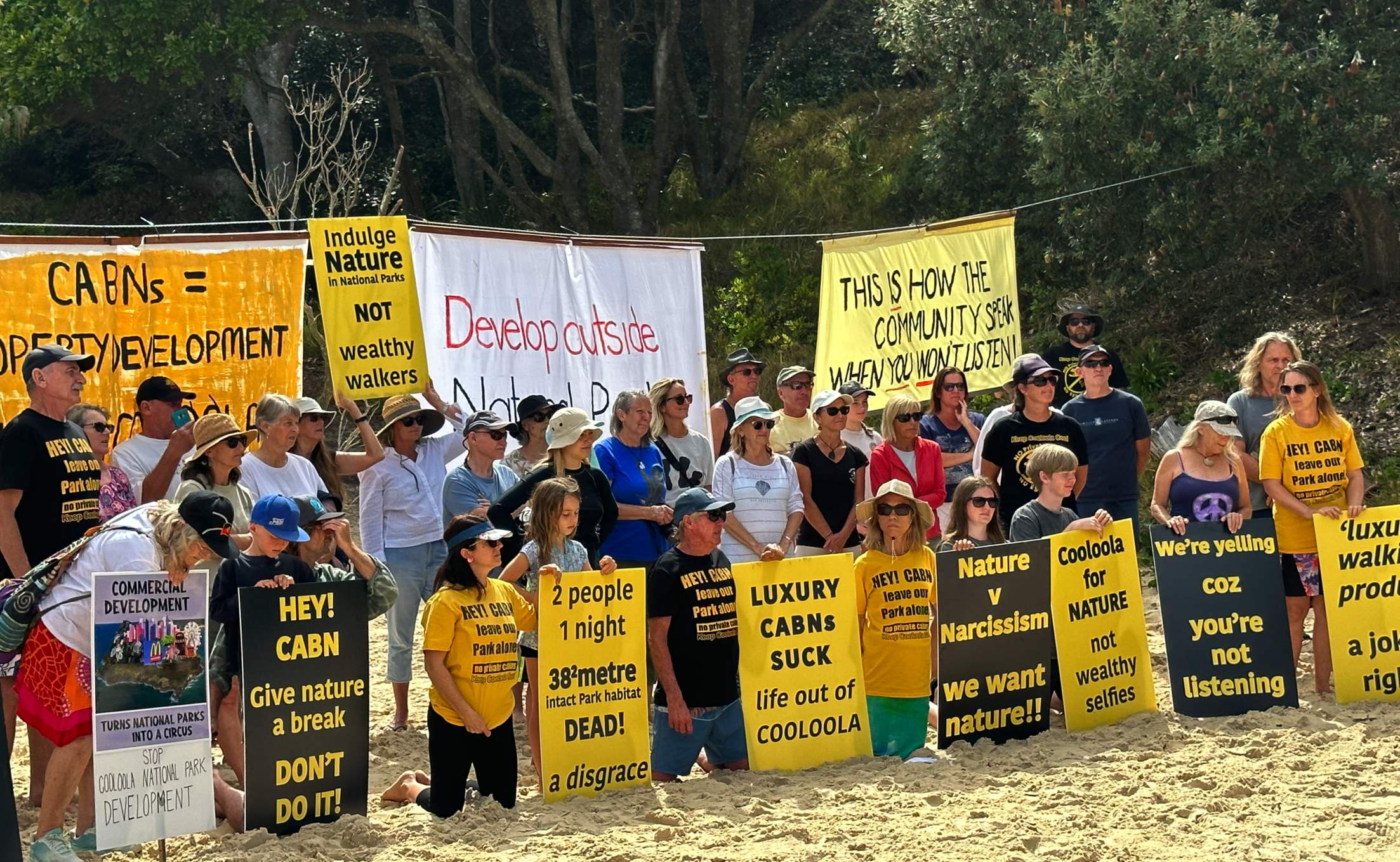
He said stakeholders faced an uphill battle against concerned members of the community.
“How might an on-ground business venture operate in direct and ongoing conflict with a local population that is actively hostile to it?” he said.
A spokesperson for the Department of Environment and Science said no one from the government attended the event last weekend as it was not formally notified of it, but continued to welcome submissions from the community as it has done since 2021, and that a final proposal for the project had not yet been submitted, let alone validated.
They said there was plenty of opportunities for the public to have their say.
“Online consultation (from May to August) generated over 4100 views, 37 online submissions and seven written submissions,” they said.
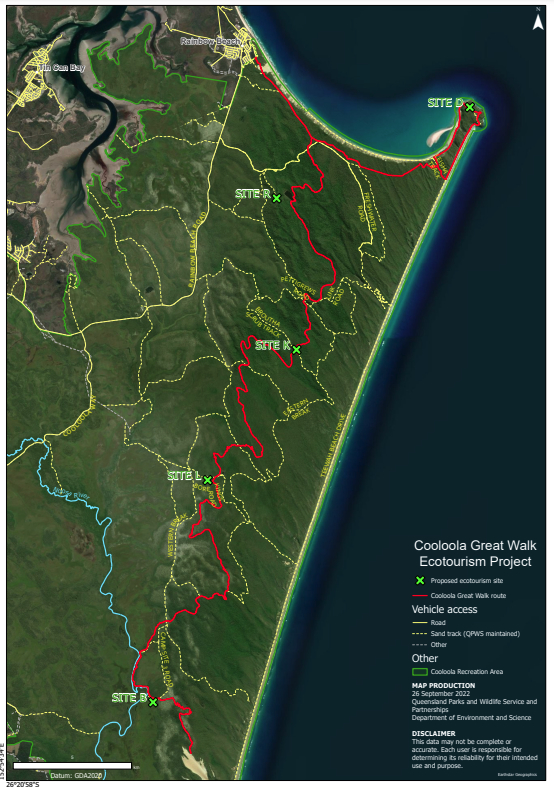
“(There was also) targeted community consultation in the Rainbow Beach and Noosa regions in June 2021, with DES inviting more than 130 conservation groups, tourism industry bodies, local businesses and local and state government representatives.
“Public submissions on the proposal have been open since 2021 and can be submitted to DES at ecofacilities@des.qld.gov.au.
“DES will consider all public submissions.”
“DES has also met with members of the public, conservation groups and local government representatives on multiple occasions to provide further information.”
The spokesperson said the DES last year recommended changes be made to the project, in response to concerns raised by the community and Kabi Kabi First Nations People, regarding proposed accommodation sites at Poona Lake and along the Noosa River.
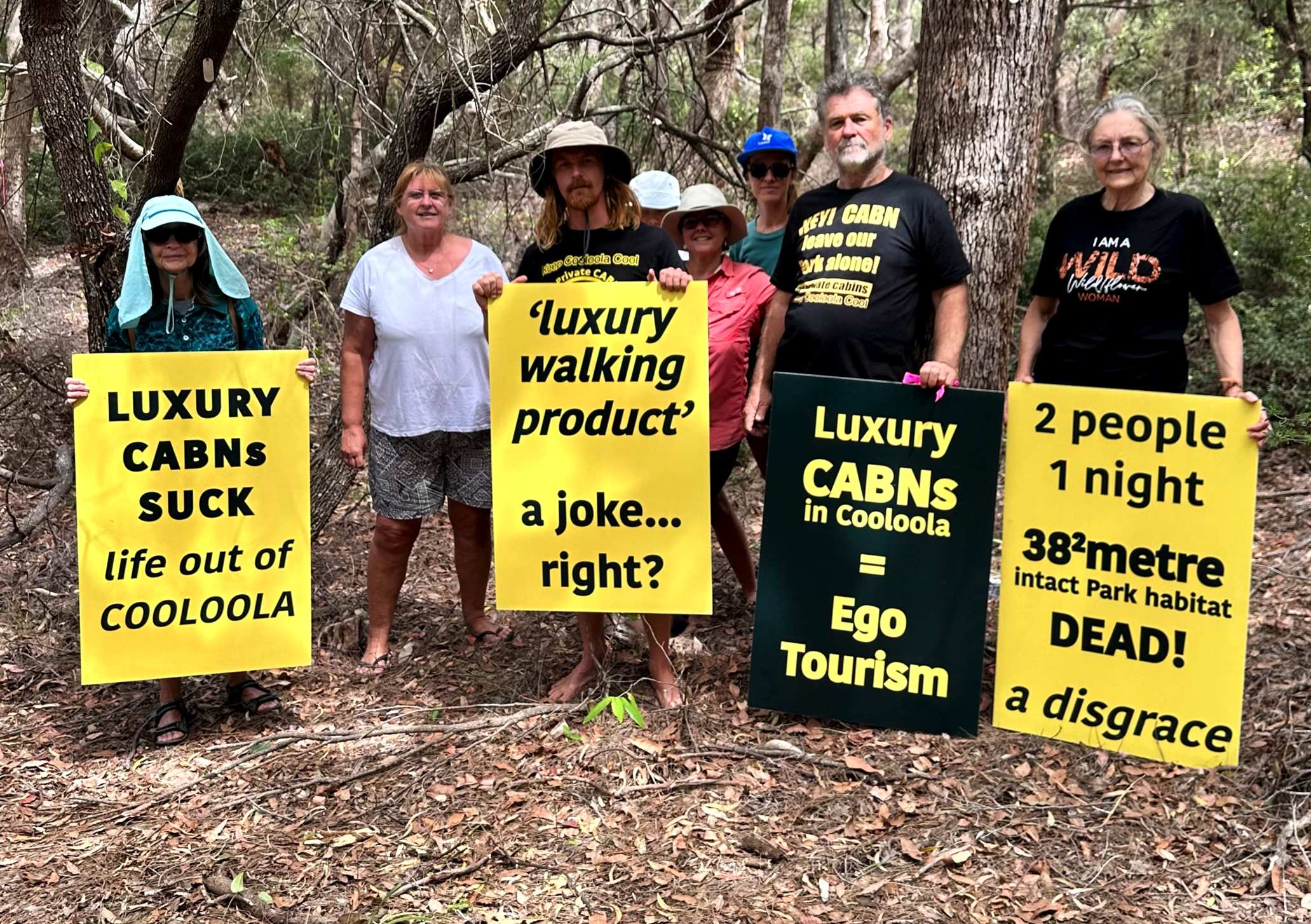
“On DES’s recommendation, these proposed sites were relocated away from these areas to less ecologically and culturally sensitive locations.”
The spokesperson also said it was yet to receive a final proposal on the project from CABN, and if one was received it would be assessed against the requirements of the Nature Conservation Act.
No state approval has been granted for the project, and it would also require development approvals from Gympie Regional and Noosa Shire councils.
The spokesperson said an Indigenous Land Use Agreement with the Kabi Kabi First Nations People for the project was registered in May, following a community authorisation meeting in November 2022, when the Kabi Kabi community voted in favour of the ILUA.
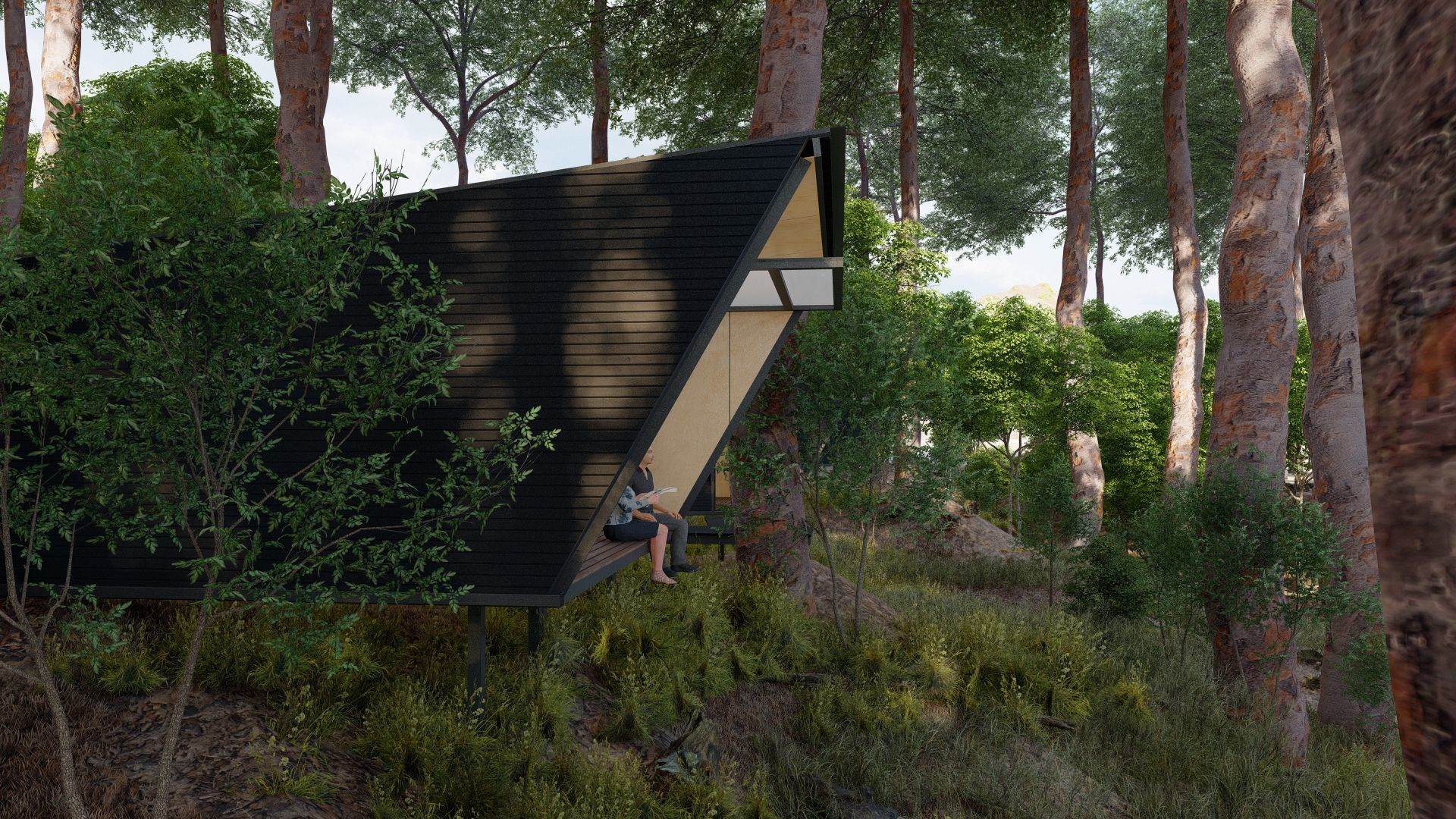
The planned ecotourism project is slated to have five sites with accommodation along the 102km Cooloola Great Walk from Noosa.
A CABN spokesperson recently told Sunshine Coast News that the proposal would have limited impact on the surrounds and cultural heritage.
“Each site for the proposed off-grid, eco-friendly CABNs has been carefully considered and selected in partnership with the Kabi Kabi and the Queensland departments of Environment and Science, and Tourism, Innovation and Sport to minimise the accommodation’s ecological footprint, respect cultural heritage and allow visitors to enjoy an area of astounding natural beauty,” they said.


